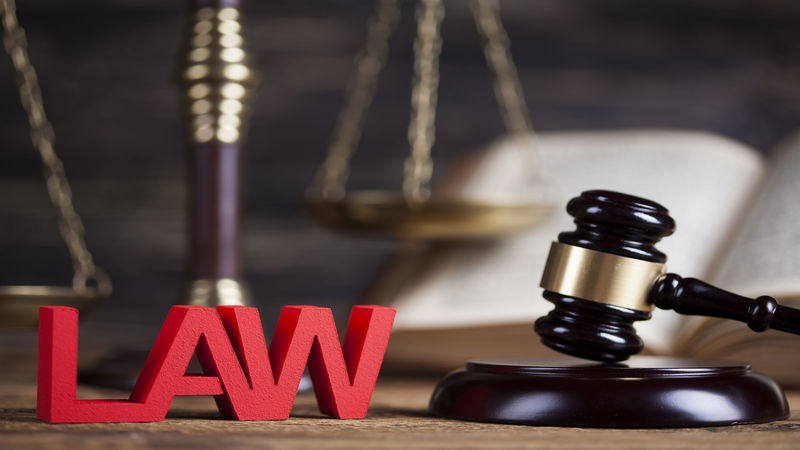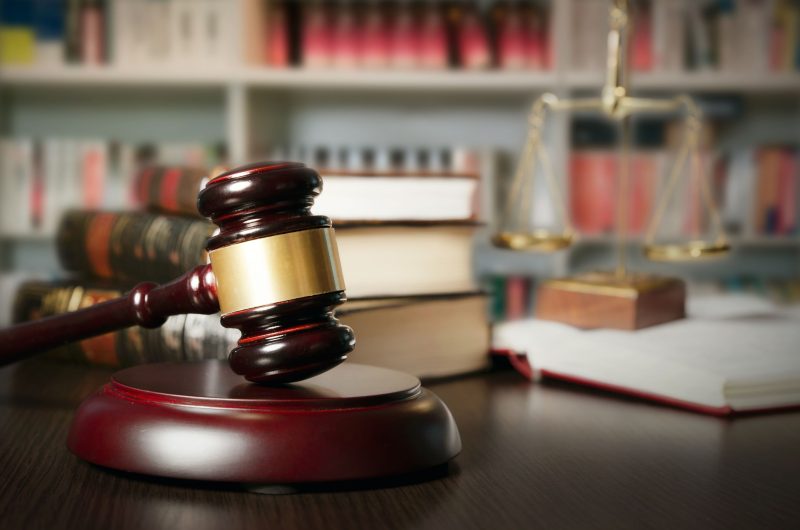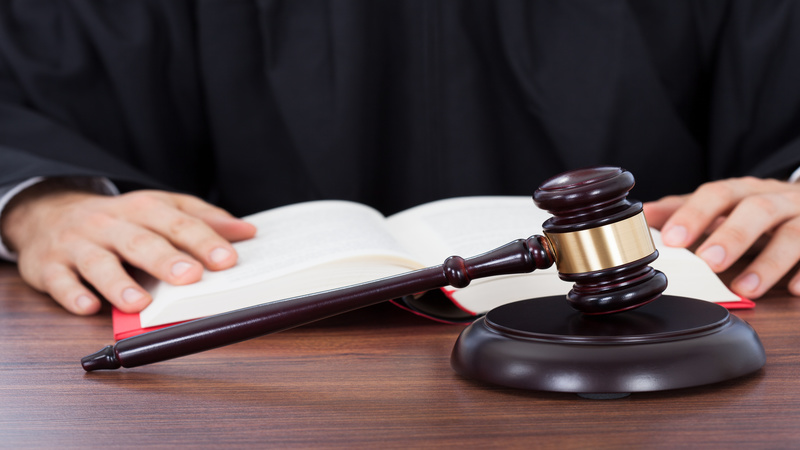Under the rules of the United States judicial system a person can be ordered to subject him or herself to an interview, this process is called a “deposition subpoena.” The lawyers that represent the parties named in a lawsuit can conduct discovery, this is the objective of the deposition. Discovery is used by the lawyers prior to trial; this process allows them to gather specific facts and information that they can use to help form the legal strategy that eventually will be used in court. Depositions also help the judicial system as they can help avoid any delays.
The person who is the subject in the deposition answers questions asked of him. The lawyers use the deposition to help them uncover information that he or she might have regarding the case and to preserve this information for use during the trial. The deposition allows both parties involved in the suit and their lawyers to gather and learn facts and details that may prove important. This makes a great deal of sense and is simple to arrange when the deponent and the court that exercises jurisdiction over the case are close to one another, but it can be a different matter if the deponent lives elsewhere? If it so happens that the deponent lives in a state that has adopted the Uniform Deposition and Discovery Act then a foreign deposition subpoena can be obtained.
The United States is a big country, and the people tend to be very fluid, moving from one state to another poses no problems except one, and that is the judicial process. With this being the case, it is not unusual for a lawyer to have to conduct discovery or take a deposition from someone in another state. Before the implementation of the Uniform Depositions and Discovery Act a foreign deposition subpoena was extremely complicated and involved elaborate procedures that varied depending on the states involved. In some cases, the party had to file the notice of deposition in the jurisdiction of the court where the trial will be held, and the subpoena had to be delivered under the laws of the trial state. This was by no means universal, other states demanded that the deposition was given in the state where the discovery was to happen and then a subpoena was issued.
Since the adoption of the Uniform Depositions and Discovery Act the system is now standard. A subpoena for discovery is much easier now as under the rules a request for subpoena does not come with a demand for personal appearance; the discovery can take place in the offices of any lawyer.
Out of the state of Nevada law firms can call upon the Law Office of Hayes & Welsh for assistance when they need to obtain a foreign deposition subpoena.



